My One,
I’ve just turned 37, so in the spirit of reflection, I am indulging in a list of things I’ve been wrong about, by year. The format will be like this:
The age I was: And the thing I believed, with all my heart, that turned out not to be true. (But if I put something in parenthesis, like this, it will be factual. Sometimes I’ll have to tell you something true for context.)
*
One: The whole universe revolved around my one small life.
Two: There would never be a pea I could love.1
Three: My sister couldn’t teach me anything substantive, because she was a small baby, and I was basically an adult.
Four: You had to choose just one thing you were going to be when you grew up, and when you did, you couldn’t change your mind about it in the future. Changing one’s mind was, in general, weak.
Five: Maybe the whole universe didn’t revolve around my one small life, but the whole world did, at least.
Six: (For a while, my family lived in Washington, DC. This is the year I learned, from a friend who lived in same apartment building I lived in, what the n-word was – sort of. It still didn’t really make sense. Racism is difficult to explain to children, because humans aren’t born understanding it. Isn’t it strange that this is something we have to be taught? I understood that this word made my friend cry, and that it had to do with the color of her skin, and that when I repeated it to my mom, my mom reflexively hit me and said never to say that word again. I was confused about why we couldn’t all just fix this problem.) Shouldn’t individuals, by themselves, be able to undo systems of oppression?
Seven: If a friend said, “I’ll be your friend forever,” she meant it. The word “forever” had time-based value that human beings had the bandwidth to promise each other.
Eight: God was a human-shaped man who lives just above the clouds. He received prayers the way that human-shaped humans received letters. He read them, and if you were good, he responded to them. Heaven was a linear path from death, where everyone you loved was headed. The mechanics of all of this were simple.
Nine: (On a scenic train ride, on Mother’s Day, I contemplated what it was to have lived most of my single-digit days. It bothered me that adults acted like they couldn’t remember what it had been like to be children. How could this be possible? I believed they were lying about this. Adults had to remember. It was so vivid. I could remember almost every day of my childhood so far, and) I would never forget any of them.
Ten: There would never be a salad I could love.2
Eleven: I would only ever wear skirts for the rest of my life, because pants could not look good on me.
Twelve: If anyone could possibly ever bear to love me romantically, I would never ever ever ever not EVER not EVER EVER EVER let them go.
Thirteen: My fatness was the problem.
Fourteen: My sadness was the problem.
Fifteen: (High school suited me better than middle school. I had a whole group of friends, and we were not the least cool people in the school. Among my friends, I was one of the coolest. I was being invited to parties — see diary entry above for what a big deal this was — and I was hanging out with boys sometimes. I had lost weight, and it had helped; everyone seemed pleased about it. There are a lot of chickens and a lot of eggs: a bigger school, more interesting activities, good friends, weight loss, puberty, disordered eating, obsessive exercise, joining a band [!?], bleaching my hair, getting really into No Doubt — I guess I’m saying, who knows what was because of what. But) I would be this happy forever, I’d never let this feeling change, because now I knew how to get it.
Sixteen: I was marrying Eli.
Seventeen: I was marrying Ben.
Eighteen: I was a fundamentally bad and broken person for telling Ben and Eli that I would marry them, when now I knew I would not marry them. I was a fundamentally bad and broken person for not being happy forever; for letting the feeling change. Didn’t I know how to be happy?
Nineteen: My sadness was the problem.
Twenty: My fatness was the problem.
Twenty-one: I was being forced into adulthood too quickly! I was behind. I should have a husband and a baby and a job by now. (I still wanted to order grilled cheese sandwiches and color with crayons and alcohol terrified me. On my twenty-first birthday, I sobbed the whole day, miserable that I was old now. Isn’t it wild how we always think we are so old? Then we look back at ourselves and go, “Oh, my, how young I was then.”)
Twenty-two: (I got a job doing Teach for America in the Recovery School District. I secretly hoped for the hardest job possible because I believed) I deserved to suffer (I thought) I wanted to suffer. (When I suffered and then had a hard time because of it, I thought) something was wrong with me because I struggled. Shouldn’t individuals, by themselves, be able to undo whole systems of oppression?
Twenty-three: Only weak, cowardly, selfish people leave.
Twenty-four: There would never be a gumbo I could love.3
Twenty-five: (This was the year that a boy I loved left me and I couldn’t understand him leaving. I felt like I’d done all the math right; that is, I’d done the work. In school, sometimes I’d cheated on things; projects, papers, tests, etc. And when I didn’t pass those things, I wasn’t surprised. Teachers can tell when you’re not giving 100 percent. In relationships, too, I wasn’t always doing my best. But with this boy, I’d done a good job. I hadn’t been too crazy. I couldn’t understand what had gone wrong. So) something must be fundamentally wrong with me (and) I was, at the depths of my being, unlovable. (I wasn’t in a place that I could see that he was younger than I was, and needed to go live his life. I didn’t understand that relationships could end without something having gone wrong.)
(I cut off all my hair. A hurricane came through town. I started doing standup comedy. I tried to learn things.)
Twenty-six: The best thing you can be is a person who gives. Give as much of yourself as you can. Give until you are aching. Give until you are exhausted. You’ll sleep better at night knowing that you have given all that you have. That there is nothing left. That you have emptied yourself into someone else.
Twenty-seven: The problem was my fatness. The problem was my sadness. The problem was I’m wasn’t fun enough. (I started dating someone I was dating in college, and I liked the story of it a lot, because it’s fun to have a season two with a person. I started dating someone who was best friends with one of my exes, and I acted like I was cool and that wouldn’t be messy. I started dating someone who was just 22, and I talked about how mature he was, but also, we both knew his bed was a single bed that was on the floor. I started dating a woman and I’d never dated a woman before really and she didn’t want to do all the work of being my queer awakening and I didn’t want to tell her that that was fair. I wasn’t really giving anyone the time they deserved. I was doing half-work on two dozen relationships, and when the hard parts would come, I would say, overly simplistically,) the problem was me. (This is a great way to shut down a conversation and not move forward at all.)
Twenty-eight: I was not marrying Luke.
Twenty-nine: I was not becoming a writer.
Thirty: I was not going stay in Chicago longer than these two years.
Thirty-one: Healing was something that happened to you one time, and then it was over. Once you healed, then you lived your life a healed person, like when you get a cut, and then you have a scar.
Thirty-two: I didn’t want children.
Thirty-three: If a friend said, “I’ll be your friend forever,” she meant it. The word “forever” had time-based value that human beings had the bandwidth to promise each other.
Thirty-four: Nothing could stop me from overcommitting, over-scheduling, overbooking, taking on more than I could handle.
Thirty-five: (You know, there were some thing things I’d believed that didn’t fit neatly above, about being pregnant and giving birth, which I’d discovered before I turned 35. I thought it would be easy to be pregnant; it wasn’t. I thought it would be hard to give birth; it wasn’t. I thought I’d see myself reflected in books about pregnancy and birth; I didn’t. But by the time I was 35, I believed) I would be super-into motherhood, mom-stuff, momming, and being a mom. (I was correct in understanding the breadth of how much I loved my daughter. I was correct in not trying to anticipate the minutiae. They are impossible to describe.)
Thirty-six: (It’s hard to think about what I was wrong about last year, because it was so recent. It has just taken place. I’ve just closed the back cover. I thought) I would get into graduate school, and that if I didn’t get in, I’d be relieved. (Learning that I didn’t get in allowed me to find out that I want my life to change, and that's helpful. I don’t know how it will change. Next year’s Sophie will have a better sense. I thought) it would be easier to live with just one other adult, when my roommates moved out. (It’s MUCH MUCH HARDER to live without Bethany, Brett, and Malcolm. It is hands-down, not-even-a-question so much easier to live with more adults. It’s so much easier that it is absurd that more people don’t know this. And I’ll write more about that later.)
I had a nice birthday, but the past month has been thick with a palpable sense that I’m changing. I can feel it. Today, I woke up and felt it in my bones. The Archaic Torso of Apollo. The seasons are in flux.
More normalcy next week, my love. Thanks for indulging me. (And please, do respond and tell me how you are changing (in?) your life. I have a sense that this is in the air. What is it for you?)
Love,
Sophie

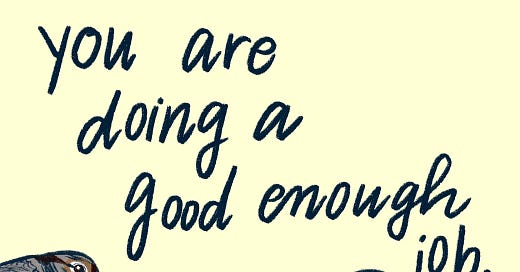



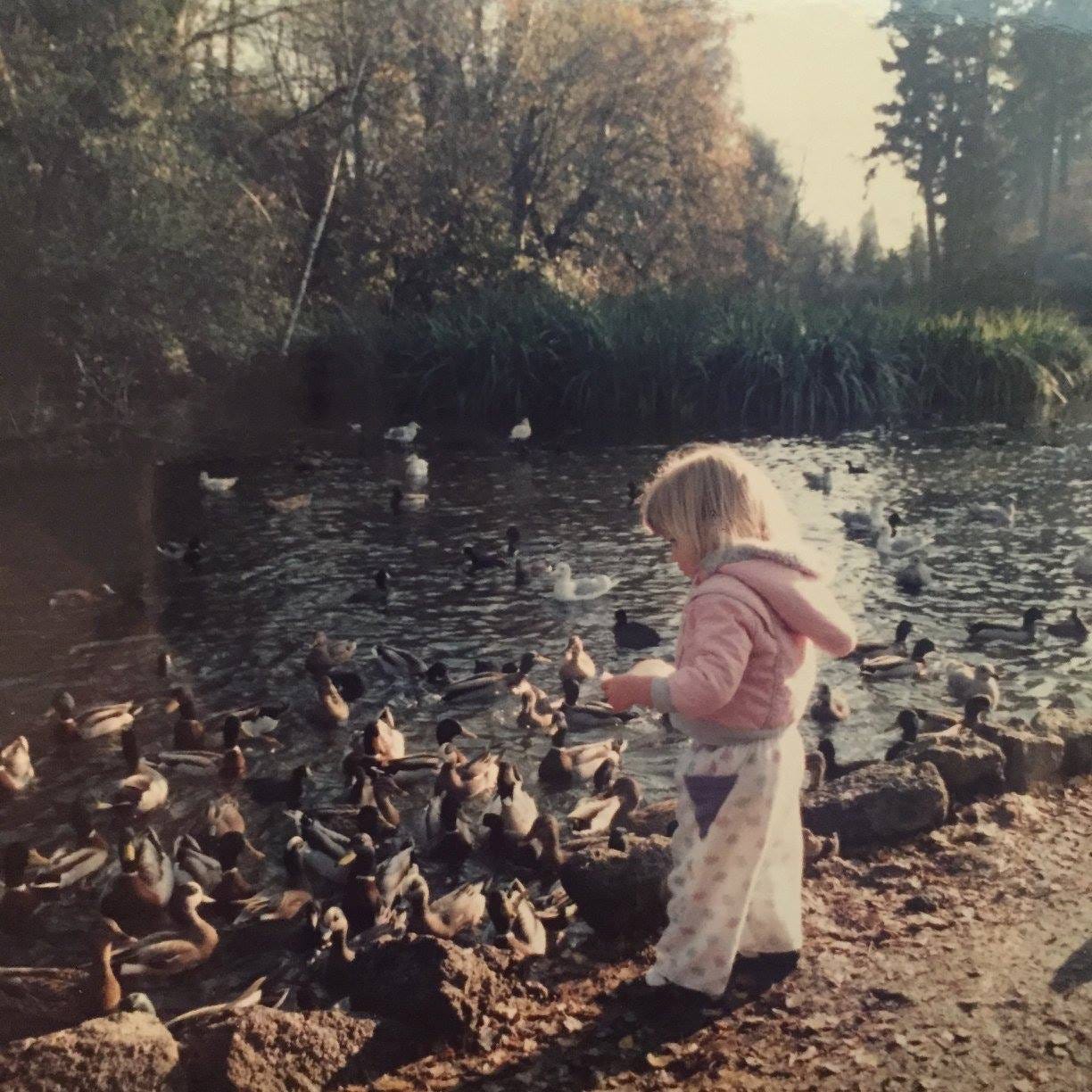
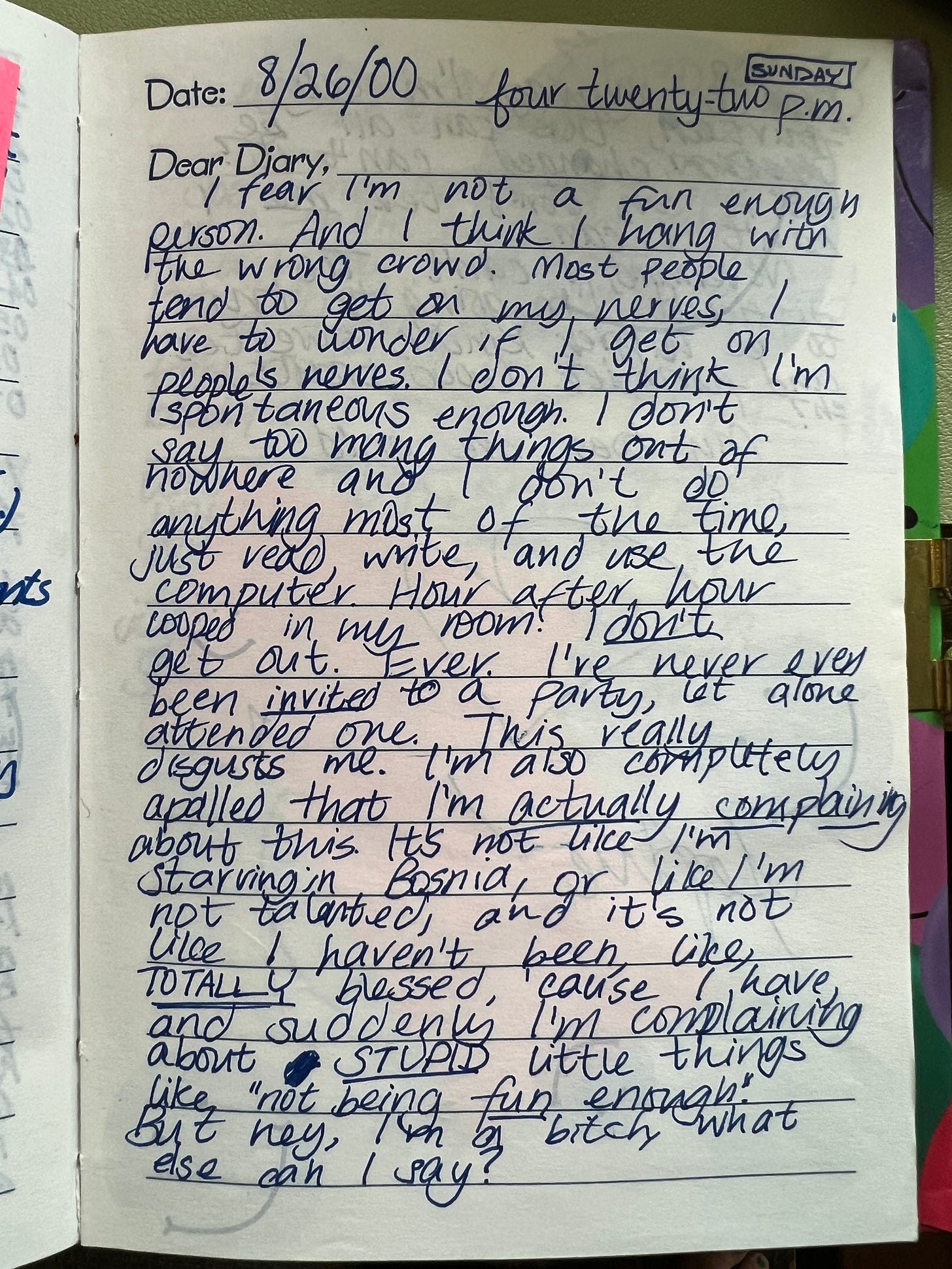
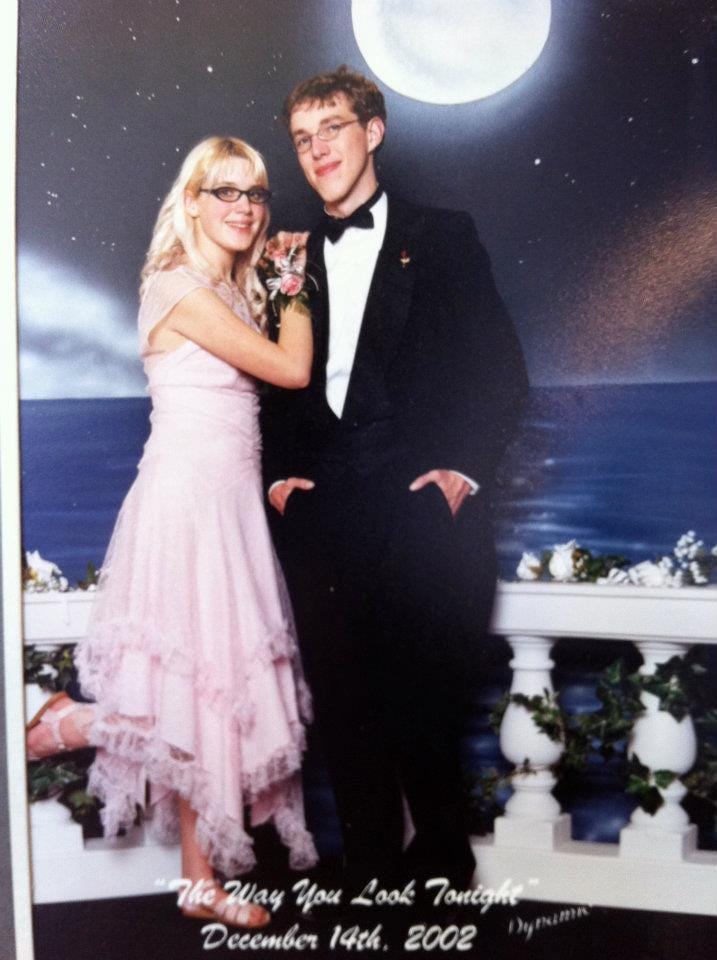
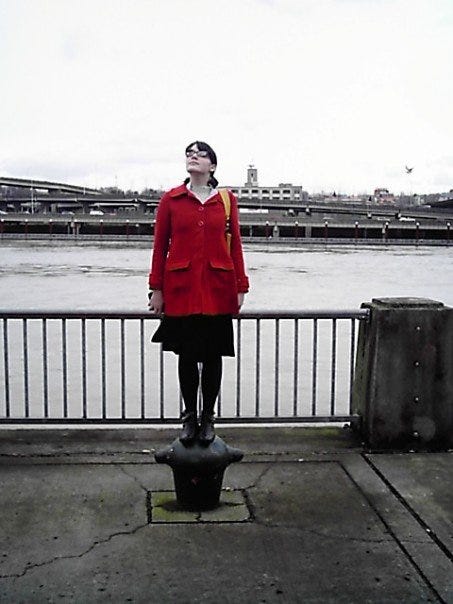
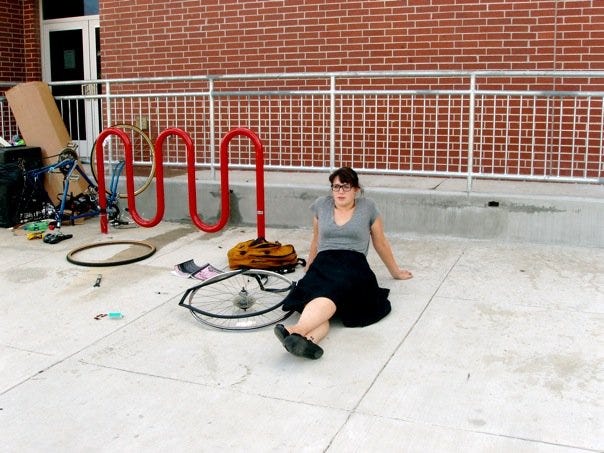

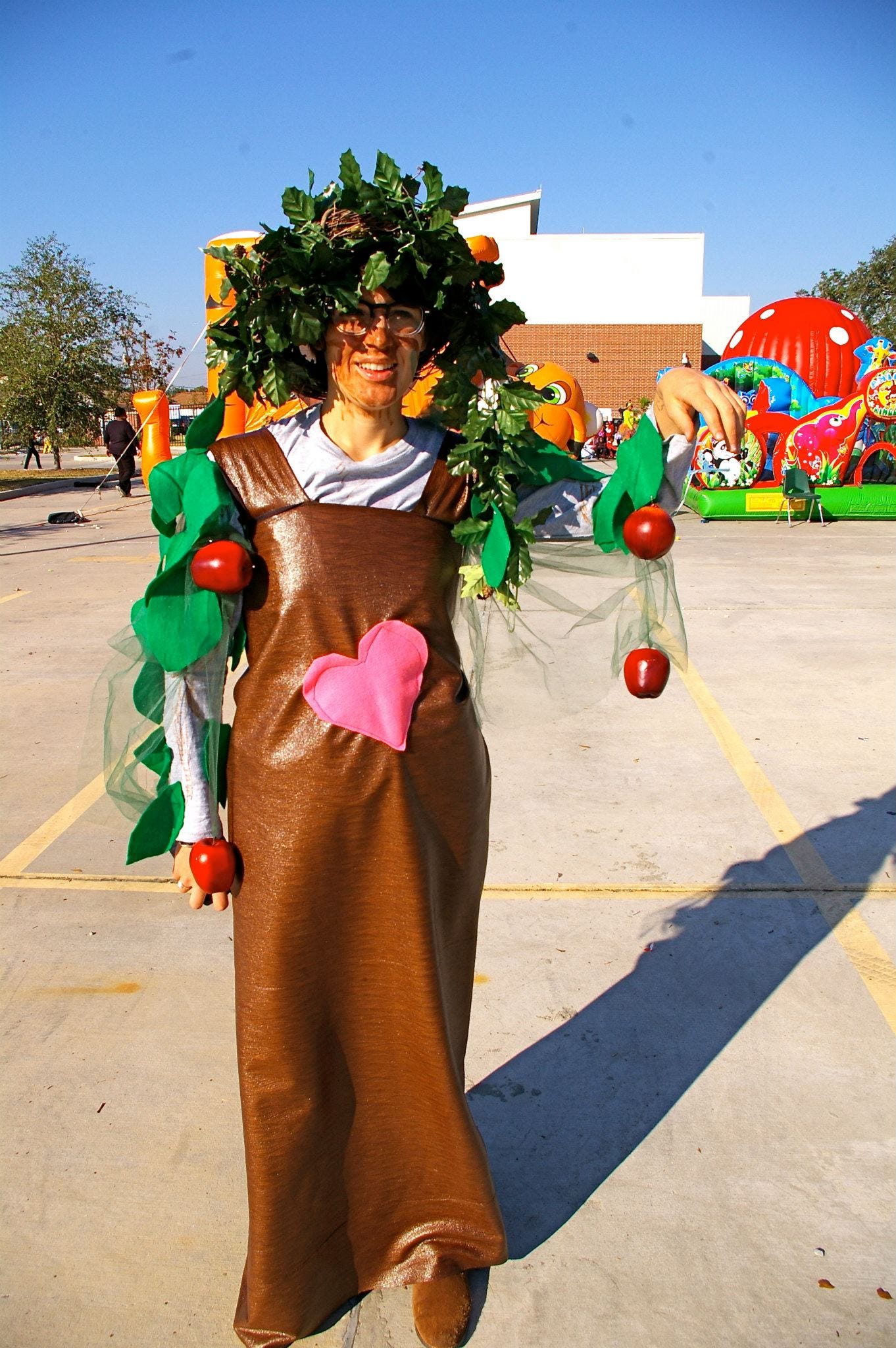
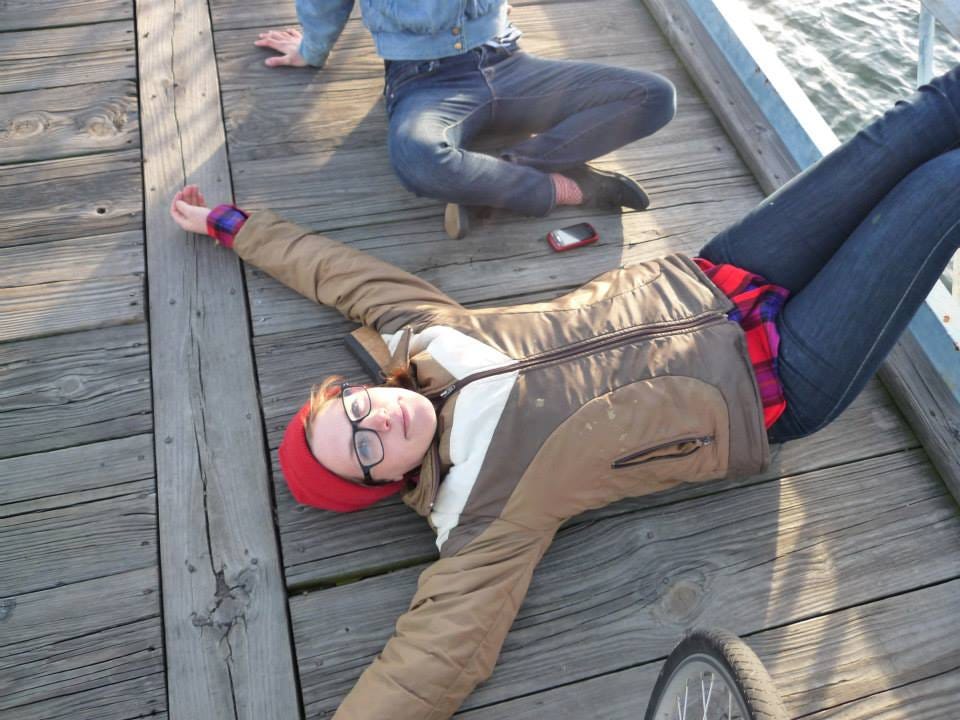
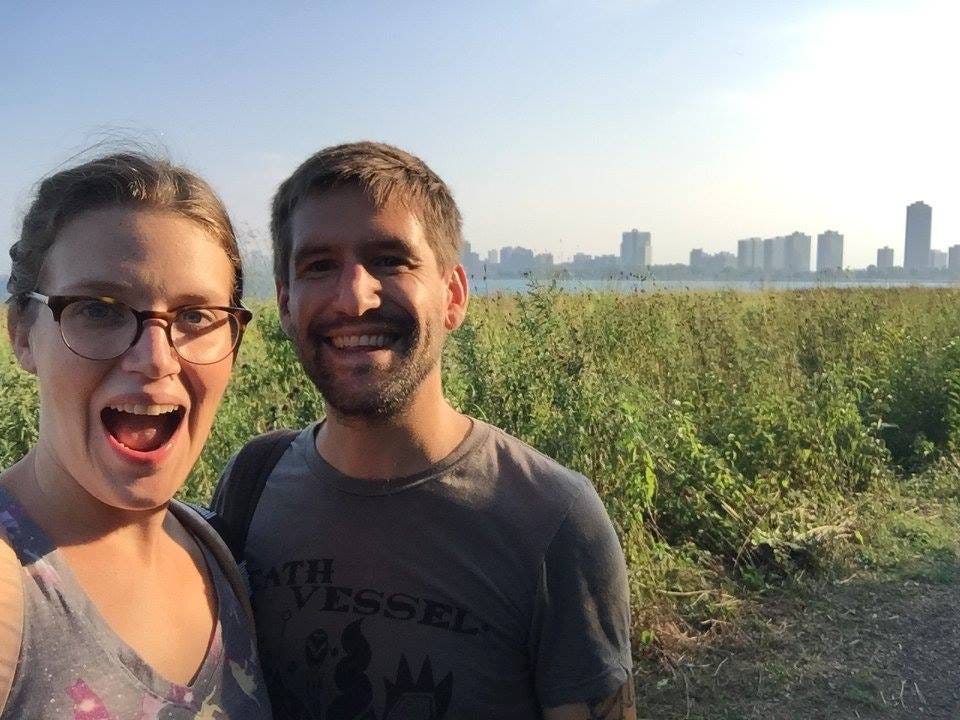
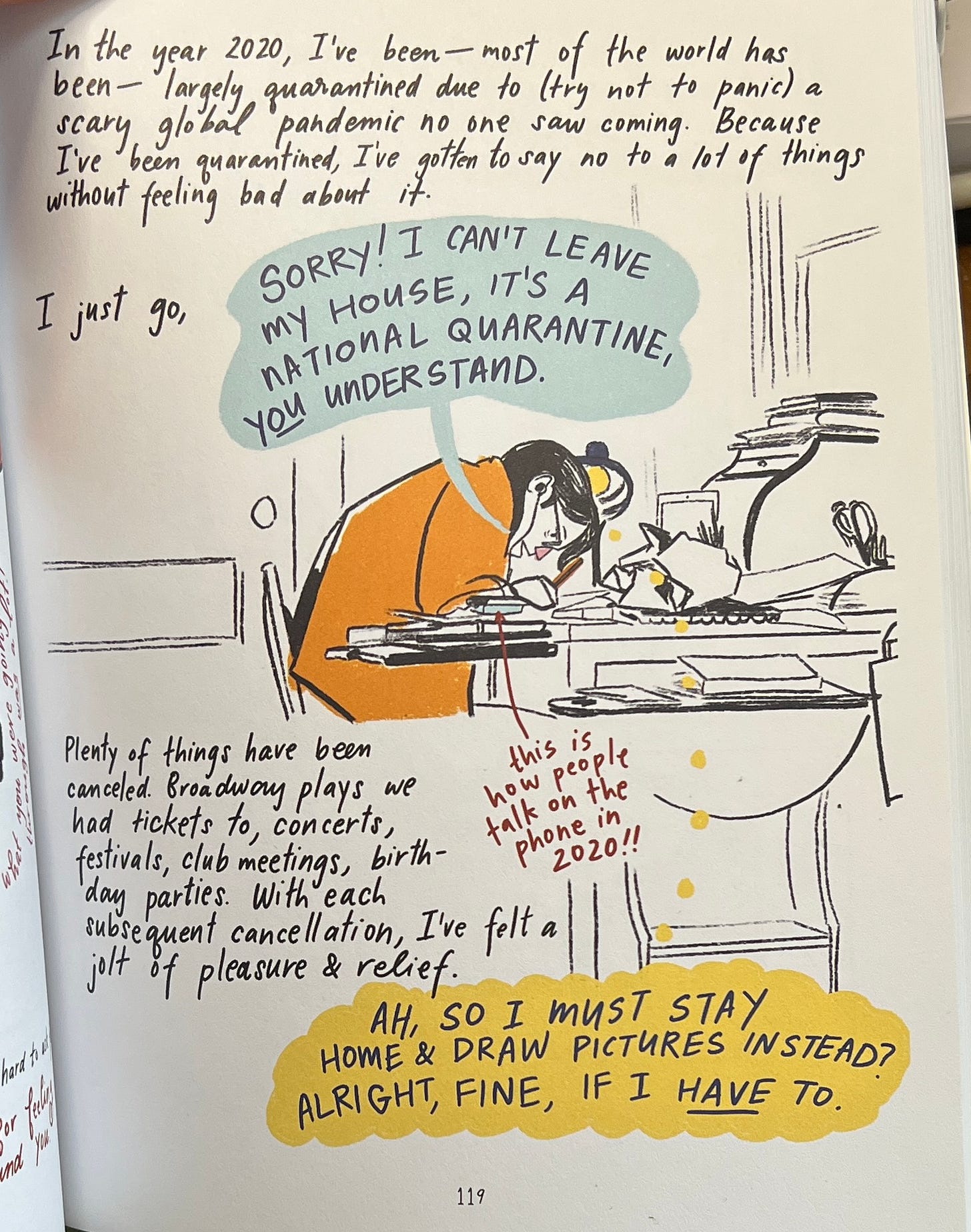
I love your writing & I think we are all doing good enough! 😊
Happy birthday, Sophie. I didn't get enough sleep last night to do the actual math, but I'm about a decade and a half ahead of you. There's a point where "the change" comes. Not menopause (well, that, too), but a tremendous perspective shift. The whole zero-fux thing is true. You just run TF out. And you get really comfortable being you without any of those fux weighing you down. And all the self-doubt? Part of the fux not given. It's a lovely, lighter way of being...and I hope it starts trickling down to women at younger ages, when they are doing a good enough job, when they are lovely, wonderful humans doing wonderfully human things, setting judgment aside and finding compassion, for themselves and others. I hope this is an extraordinary year for you. And, yeah, changing one's mind is so far from weak. xo